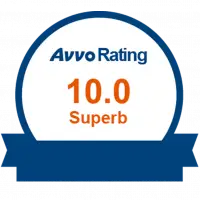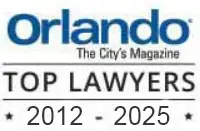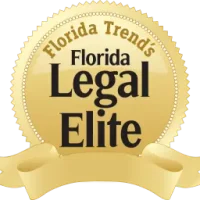Back To Foreclosure Defense Video Help Page
Back To Foreclosure Defense Video Help Page
Most people who go through foreclosure aren’t thinking about debt collection tax consequences, such as when they get a deal from their lender where the lender cancels or forgives the money that they owed. They’re just happy to be getting out of trouble. Yet it is still possible for the IRS to tax them on all that money that they did not have to pay.
Basically, the argument is that if the bank is forgiving your debt of, say, $200,000 because you can not meet your mortgage payments, that money is essentially income and you should have to report that money on a Form 1099-C (Cancellation of Debt). Ouch.
Luckily there’s the Mortgage Forgiveness Act of 2007. It offers certain debt collection protections to people, but only in certain specific situations. Do you qualify? An experienced foreclosure defense lawyer who is familiar with your specific situation can tell you for sure, but there are general rules.
Speak with an experienced Florida attorney at our firm today.
Call 855-Kramer-Now (855-572-6376).
Debt Collection: Requirements for the Mortgage Forgiveness Act
General criteria that you have to meet to qualify for the Mortgage Forgiveness Act include:
The money you owed was used to buy or improve your primary residence. If the bank forgives debt in a foreclosure, the IRS won’t tax you on it as long as this act is in place because they are “using” that debt to buy your home. Likewise, you can restructure or refinance your mortgage, and any debt that is written off will not be taxable so long as you can show that you are using the “saved” money to buy the property or build upgrades.
The money owed is under $2 million. The Act allows up to $2 million in forgiven debt to avoid taxes. Or, if you are married but filing separately, you won’t be taxed on up to $1 million.
Debt Collection: What Doesn’t Qualify
Paying off other debt. If you refinance to pay off other debt (car loans, student loans, credit cards), the IRS will count your forgiven debt as taxable income.
Non-primary residences. If you don’t count the property as your primary residence, it is not covered under this act. That means that things like vacation houses, business property, rentals, and second homes don’t count. You will be taxed.
Not sure exactly where your property falls? Contact a knowledgeable foreclosure defense attorney today and make sure that you don’t end up on the wrong side of debt collection.
Get Help with Legal Issues Now! – Call 855-Kramer-Now (855-572-6376)
Back To Video Help Page











